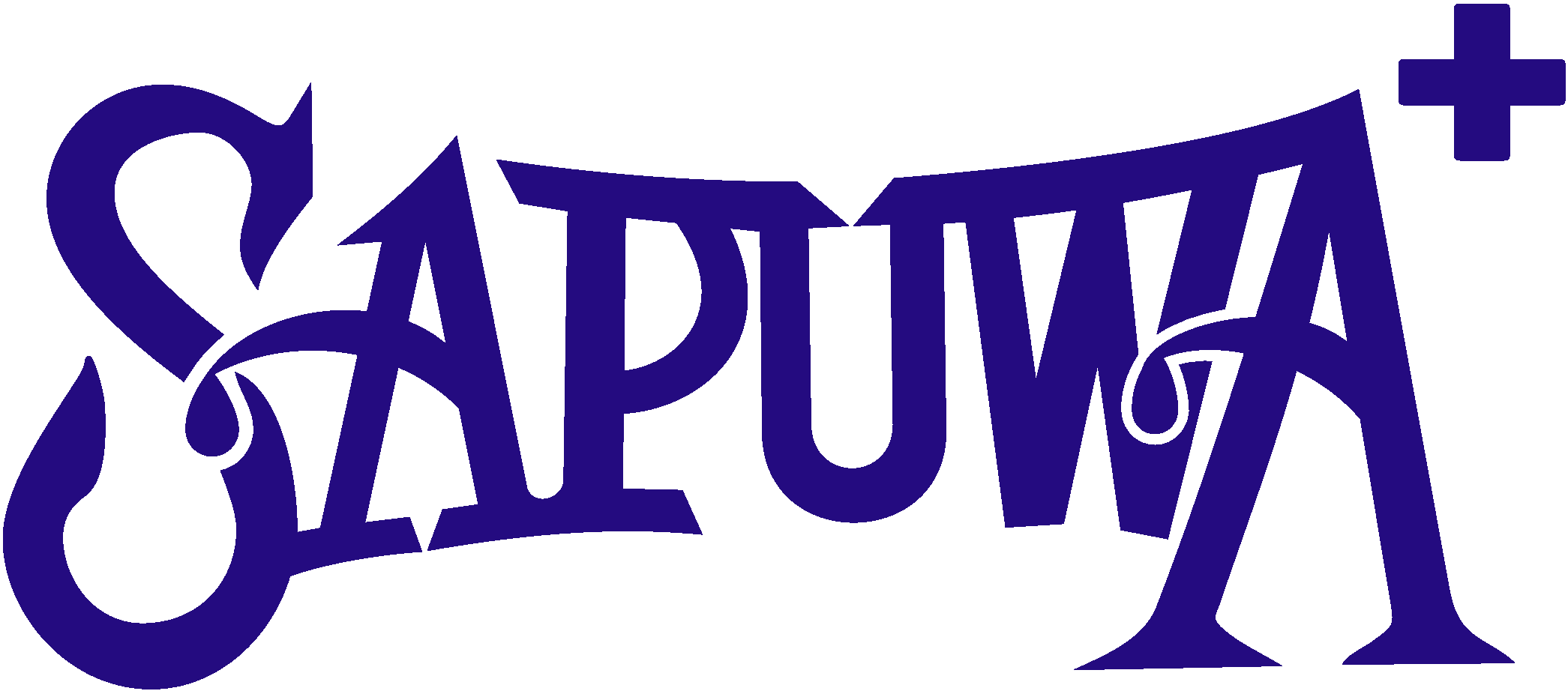Dr Glenn Carter’s Top 10 tips for Work/Life Balance
Whilst setting up, growing and managing my company I’ve realized that Work Life balance is essential for business success. With work/life balance you are more productive over longer periods of time. Because you have a more balanced perspective you spot opportunities that you may otherwise miss had you been over-worked and over-tired. At the same time, in my recruitment business, we talk with many candidates and clients about workplace issues and understand what’s important to everyone. From these discussions, and my own experience, I’ve put together my Top 10 tips for Work Life Balance.
Tip number 10: Set goals, plan and prioritize
Having clear goals makes life so much easier because you know where you are going, how to get there and you have more control. Without clear goals you can experience feelings of confusion and frustration and this can drain your energy and decrease your productivity.
A good technique is to decide what is important to you and then write it down. By actually writing it down your thinking is clearer and you are more likely to achieve the goal. In writing down the goals make sure that they are: Specific, Measurable, Attainable, Realistic and Timely. So instead of “becoming healthy” a SMART goal would be “to join a gym and go 3 days a week at 6 o’clock for 1 hour”. In thinking about your goals in this way you are more likely to achieve them.
Tip number 9: Have structure in place
Work/Life balance is all about flexibility, but to have flexibility you need a solid structure around you – both at work and at home. Structure is important because it brings certainty to the world – you know what’s going to happen and why it’s going to happen. Without structure life is a bit more chaotic. You then find that you use both physical and emotional energy to bring meaning and clarity to different situations.
Structure also means having the right tools to work flexibly. To achieve work/life balance you need to be able to work from a variety of locations and at different times of the day. For this, laptops, mobile phones, remote access and flexible hours are important. To support flexibility the company needs to be well structured, with good support systems and needs to have an internal culture which supports flexible working arrangements.
Tip number 8: Practice good time management
Good time management means focusing on results. It’s important to aim for excellence, but not necessarily for perfection. When you aim for excellence you will achieve an excellent result, but when you aim for perfection you may never quite get there. You will spend far too much time in getting it completely right, when excellent was all that was required.
A good time management technique is to make appointments – with both yourself and with others. In the workplace, making appointments with people and covering several topics is more time effective than constantly interrupting others with minor details. And the best time management technique is to “not to think about it” but to simply “get started”.
Tip number 7: Undertake training in the techniques required
Everyone needs training to learn the operational techniques required for effective Work/Life balance. There are a number of books and courses on time management; goal setting; maximizing productivity; increasing effectiveness; negotiation, relaxation and stress management, and a range of providers for this training. A number of companies provide elements of this training however individuals have the responsibility to seek out this training if they are to achieve optimal Work/Life balance. The techniques are not rocket science but you need to be exposed to the methodology to gain maximum benefit.
Another important training aspect for a successful work/life balance is interpersonal skills training. Getting on with other people is a very necessary aspect of achieving work/life balance.
Tip number 6: Take holidays and long weekends
Everyone needs a total break from the operational side of your role so that you can freshen your perspective on what needs to be done. It’s easy to tell yourself that you are indispensable and always need to be around. But if you’ve got good structure in place, with good support systems, you can take time off. I know people who when they go on holiday they take their mobiles, are in daily contact and will even leave their holiday earlier to deal with an urgent issue. They haven’t had a holiday, they’re not refreshed and when they need to be thinking optimally they are too tired and burnt out.
Tip number 5: Reward yourself
Rewards are important because they are the something extra you have been working towards. So, after you have set your goals, and you’ve achieved them – take the reward.
In taking rewards a good technique is to focus on making money, not just saving money. There are many ways to make additional money, outside of work, such as buying and selling real estate, day trading on the share market, cleaning out your garage and having a sale, or commercializing a hobby. With the additional money you make you can afford the reward. A big part of Work/Life balance is feeling great about yourself, and what better way than to have lots of rewards.
So, reward yourself, both at work and at home. By doing this, everything will become more enjoyable. Take the small rewards and take the big rewards – you deserve it.
Tip number 4: Stay healthy
It’s important to eat well, sleep well and exercise.
Occupational Health and Safety is an important component of staying healthy – and it’s as valid at home as it is at work. It’s important to have a good desk, a good chair, good lighting and not to fall over cables and at home it’s just as valid. Also a good bed is a must – because you spend so much time there.
Together with OH&S think about the times that you’ve put your back out when gardening or you’ve been moving house and lifting heavy furniture. It may seem that you’re saving money, but when you’re off work with a bad back – does it really seem worthwhile?
Medical check-ups are important and there are a range of healthcare professionals to provide a comprehensive service – from physiotherapy, massages through to aromatherapy and relaxation therapy. When working hard, all these services are valuable and cost-effective.
Tip number 3: Be positive, passionate and enthusiastic
Mix with positive people and don’t accept negativity – either privately or professionally. See the opportunity, not the obstacle, and if you can’t see the positive side of any situation look harder, look longer and look at it differently. There’s always a positive spin.
Two great techniques are ‘positive self talk’ and ‘visualization’.
Instead of telling yourself you can’t do something and filling your mind with negative thoughts, think positively and tell yourself “I am a great person, I’m valuable, I’m good at what I do, everything is great, I’m excited about my work, my goals and my life.
Visualization is a technique taught by a number of practitioners. It involves determining your end goal and actually seeing, feeling, touching and experiencing the emotion of the goal. In this way you have already achieved your goal because you are actually experiencing it. Everything that you do moving forward is therefore a natural step towards achieving something that you already own. Similarly, another technique taught in stress management is to visualize a particular place that is special to you. When you are feeling stressed, or awake at 3 in the morning, you go back to that space in your mind and start to feel much better.
Tip number 2: Love your Job
Career development is a journey and with every journey it’s more enjoyable if you enjoy every stage. Enjoy the tasks, the people, the environment and the opportunities. You can maximize your enjoyment by undertaking a number of professional development courses. Your enhanced knowledge and understanding will increase your control and with this control you will achieve a better balance. So, to enhance your work/life balance it is so very important to enjoy what you do, or change what you do.
Tip number 1: Love your life
Again, enjoy the journey, everyday and in every possible way. You should only be doing those things that you want to do. Take control over your life, be true to yourself and never accept less than you want. Enrich yourself – socially, culturally and intellectually. Constantly focus on your personal development, achieve your goals and enjoy the journey.
Source: pmpconnect.com
Collected by Nhu-Vu SAPUWA
Relative post
- The Virtue of Admitting Fault
- The Power of Admitting A Mistake
- How to Work From Home Effectively
- 7 simple tips to tackle working from home
- 5 ways to make working from home better
- Top 10 Reasons to Start Your Own Business
- Success Tip: To Be Different, You Have To Think Different
- How To Stop Thinking And Start Doing
- Connected Employees: 10 ways to connect with your team
- 5 Ways To Help Teams Connect Virtually
- 10 Things Leaders Managing Remote Employees Should Do
- Seven ways to build the solidarity economy








 0
0


